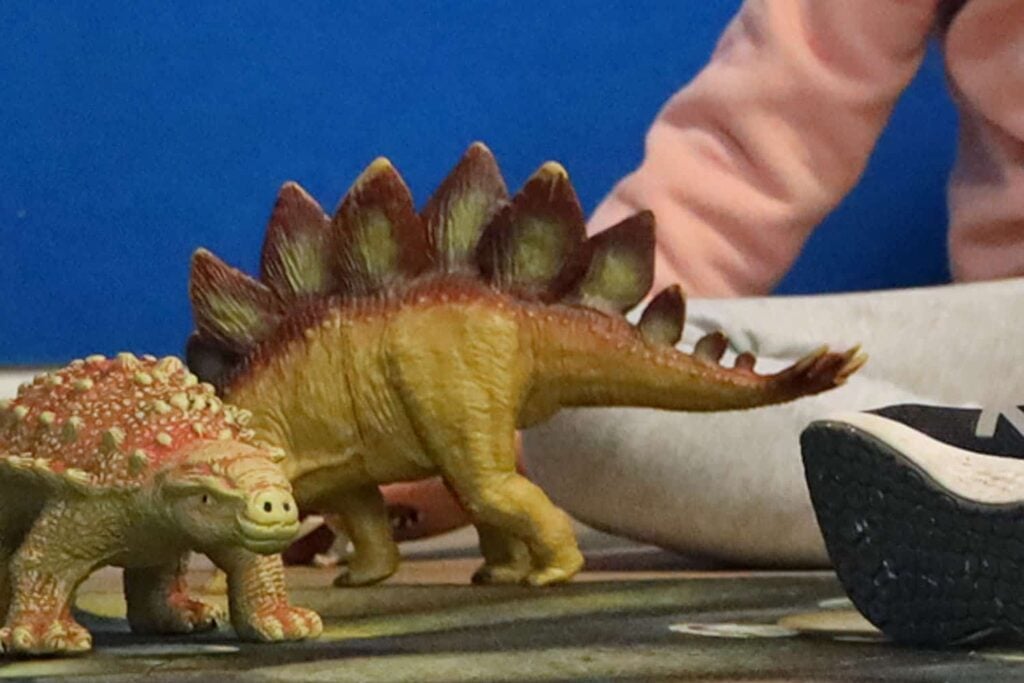Benefit of ECE Qualified Teachers.
By Arwen Hann.
July 29, 2012.
New research suggests children are better off in early childhood centres that have 100 percent ECE qualified teachers within ratios and explicitly deploy qualified teachers to work with and ensure continuity of caregiving for under 2s.
The research studied 10 randomly selected centres, half of which were wholly staffed by qualified teachers and the other half had between 50 and 79 percent of teachers qualified.
The study included observing children, talking to parents and teachers, and assessments of some four-year-old children by teachers focusing on social skills, skills including maths and reading and te reo.
The study found that children in 100% centres were more likely to hold conversations with teachers and to take part in complex play.
As would be expected, teacher training made a difference to teachers’ behaviours with children. The benefit of ECE qualified teachers was that they were “intentional” about the children’s learning and spent more time planning and passing information on to parents. They were also more likely to initiate conversations and help children to form and develop concepts. These things are highlighted in international research as being predictive of children’s academic success later.
Centres with 100% qualified staff were also found to have more continuous care for under-2s.
Parent-teacher interaction was also greater in these centres with teachers talking more about the child’s learning and their teaching practices and philosophies, rather than chatting informally with the parent.
However, 100% centres did not score well in all areas, being rated as below average in offering maths experiences. The inclusion of Maori culture and te reo was also found to be related more to individual teacher’s cultural knowledge than whether they held a teaching qualification. These things highlight possible gaps in the quality of current teacher education.
Reference
Meade, A., Stuart, M., & Williamson, J. (2012) A study of teachers’ work in providing quality care and education for infants and toddlers. First years : New Zealand journal of infant and toddler education, 14(2), 25-33









